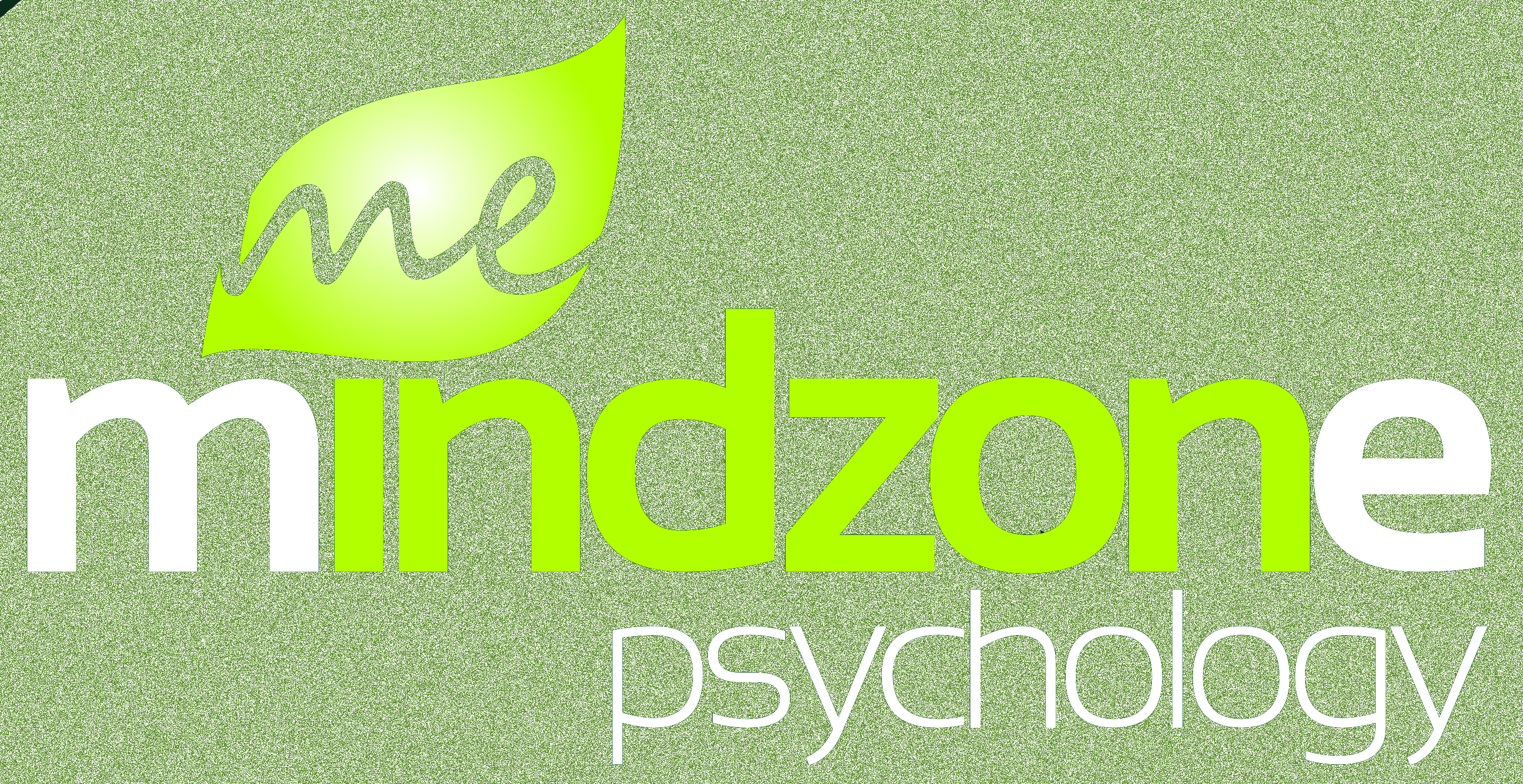What usually happens
Your first appointment will be very different from the rest. Please arrive 15 – 20 minutes early if you need to fill out some forms. The first session usually involves a one hour face-to-face meeting in which you will have the opportunity to discuss some of the things that are important to you. During the session, we will try to understand the hopes you have for your future, and the things that are holding you back from making effective steps toward your hopes.
We may also ask you to complete some questionnaires to help us get a better idea of your concerns, or you may already have completed these with your forms. This is one of the ways that we try to make best use of your session time.
After the meeting we will work with your referrer (typically, your doctor), and make recommendations that outline the service which we believe best address your concerns. These recommendations will be discussed with you at the end of you first consultation.
Please understand that your first session may be very different from the rest because during the first session, we will try to understand your situation. After you have left, your psychologist is likely to research the current literature to ensure your treatment is provided within the guidelines of the most recent scientific advances.
Later consultations may involve psychological services as appropriate, for example: Focused Psychological Strategies, Psychological Therapy Services, Chronic Disease Management, Psychotherapy, Counselling, etc. If you want to know more about services that are supported by Medicare, you may wish to visit Medicare Benefits Schedule (MBS) listing here: www.mbsonline.gov.au
We provide evidence-based therapies that are appropriate for your individual concerns. During your time with us, we will continue to assess your progress verbally or through questionnaires in order to gain feedback and assist you in taking effective steps toward your hopes.
Attending Sessions
A consultation will generally last between 51-55 minutes. If you are late, your consultation will generally finish at the scheduled time, to be mindful of other Clients. We suggest that you allow enough time to arrive early. This should also allow you to centre and focus on what is important to you at your session. We will do our absolute best not to keep you waiting. We would like to ask for your patience and mention that due to the nature of our service, some delays can not be avoided. For example, if we are dealing with an unexpected crisis, we may devote more time to address the situation. In such an event, your psychologist will provide you with the agreed upon session duration, to ensure you are not disadvantaged as a result.
Please notify your psychologist at least 2 days in advance if you are unable to come in for your appointment to avoid late cancellation payment and to allow us to reallocate your session to someone else that needs to be seen. Finer detail is available on the Fees page and here
If you have any further questions please feel free to speak to your psychologist. Here at ME, we invite you to make a shift in perspective – we are here to provide you with service, not the other way around. As a result, we will not judge you, it is not our place – we will do our absolute best to work with you on finding ways to help you make effective steps toward your hopes.
Outside of Sessions
Being a human means that you are a good learner. Better than any other animal. We will try to take advantage of that and ask that you continue to practice the skills that you have acquired in your session. This is an important part of your therapy as working in the session alone may not be as effective as applying learning in your daily life. These are not tests that you can get wrong or fail. The goal is for you to continue with the changes long after your therapy has concluded.
If you have any difficulties, please do not hesitate to contact us and we will try to overcome these barriers together. To ensure we are on the right track, it is in your best interest to test things out when you are not in session and see how your treatment fits your day-to-day life.

